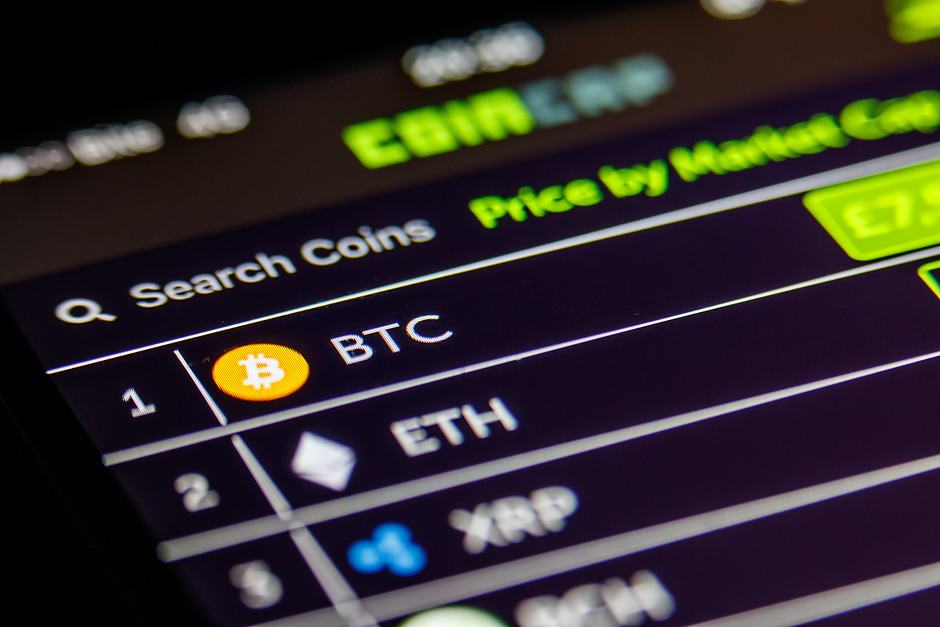Unlocking the future: Could PayPal's development of Bitcoin capabilities be a watershed moment for crypto?

The rate in which the world of cryptocurrencies is evolving is staggering. Just a decade on from Bitcoin’s arrival as an alternate currency that was widely appreciated as ambitious but written off as unsustainable, digital finance has already become one of the biggest innovations of the 21st Century.
Bitcoin’s 2017 rally to attaining a value of almost $20,000 underlined the fact that crypto isn’t going away any time soon - and fintech giants around the world are already attempting to adapt their technology to embrace these new payment systems.
Recently, PayPal has made it known that they’re looking to bringing cryptocurrency capabilities onto their payment platform. It’s expected that the fintech giant would allow users to buy, store and sell major cryptocurrencies like Bitcoin, Ethereum and Stellar Lumens with relative ease.
PayPal’s intentions became clear in a letter sent to the European Commission, where the leading payments company stated that it’s tracking developments within the digital assets landscape in a bid to better understand cryptocurrencies and how blockchain facilitates digital financial solutions.
In the letter, the company expressed its intentions to develop cryptocurrency capabilities: “Of particular interest for us is how these technologies and crypto-assets can be utilized to achieve greater financial inclusion and help reduce/eliminate some of the pain points that exist today in financial services.”
While PayPal was keen to acknowledge that any adoption of cryptocurrencies would be done so in a bit to champion financial inclusivity, the payments processor also highlighter the greater levels of transparency that’s possible with crypto: “We also have great interest in how these technologies can be used to promote transparency and enhance compliance efforts,” PayPal explained.
Learning From Libra
Last year’s announcement of the Libra project, spearheaded by social media giants Facebook, drew widespread speculation that the coming stablecoin would transform cryptocurrencies.
The extensive list of major players including PayPal, as well as Visa, Mastercard, eBay, Uber and plenty of other household names brought optimism that even in the volatile world of cryptocurrencies, such a motley crew of big names would be capable of banding together to deliver a brand new major crypto entity.
When PayPal dropped out of Libra, it was a major blow for the project. It appeared that PayPal wasn’t yet ready to embrace the world of crypto. However, almost precisely one year on, it seems clear that the payment leaders are readying themselves for a solo journey into the dynamic world of digital finance.
Stating that its initial inclusion in the Libra Association one year ago was what prompted PayPal’s interest in cryptocurrencies, the payment processor claims to now be embarking on a learning mission to better understand how blockchain can facilitate the major task of bringing banking to the world’s unbanked populations.
“Since the project’s inception, PayPal has taken unilateral and tangible steps to further develop its capabilities in this area, and therefore – without questioning the value of the project – took the decision not to participate in the Libra Association and to continue to focus on advancing our existing mission and business priorities to democratize access to financial services, stated PayPal in its letter to the European Commission.
Opening Up To The Unbanked
Despite highlighting its intentions in helping bring financial services to the unbanked through Libra, PayPal left the project in October 2019.
Only last month, PayPal prompted speculation when it began advertising for job vacancies, calling for crypto and blockchain experts. With rumours rife that the payments company was looking at expanding to accept cryptocurrency services for over 300 million users, PayPal’s letter to the European Commission shows that there will be some form of relationship between the company and the broadening world of cryptocurrencies.
With McKinsey & Company estimating that over half of the world’s adult population live without access to any form of banking, it’s clear that PayPal’s eyeing up the opportunity to deliver services to a large volume of untapped potential.
While many major cryptocurrency exchanges already incorporate some form of PayPal capabilities, this would be the first time that a major payments provider has natively offered users the opportunity to buy and sell crypto.
Having a digital payment giant on side could be a major boost to large areas like Sub-Saharan Africa that are deprived of access to financial services - or in nations that suffer from hyperinflation.
It may be some time before a project like Libra enters the fray to offer a functional stablecoin to aid the capabilities of the world’s unbanked populations. But with the prospect of PayPal developing a new way for deprived citizens to access finance, the revelation that the payment giant is working on crypto capabilities could ultimately prove to be a major boost for many.
Author

Dmytro Spilka
Solvid
Dmytro is a tech, blockchain and crypto writer based in London. Founder and CEO at Solvid. Founder of Pridicto, an AI-powered web analytics SaaS.





